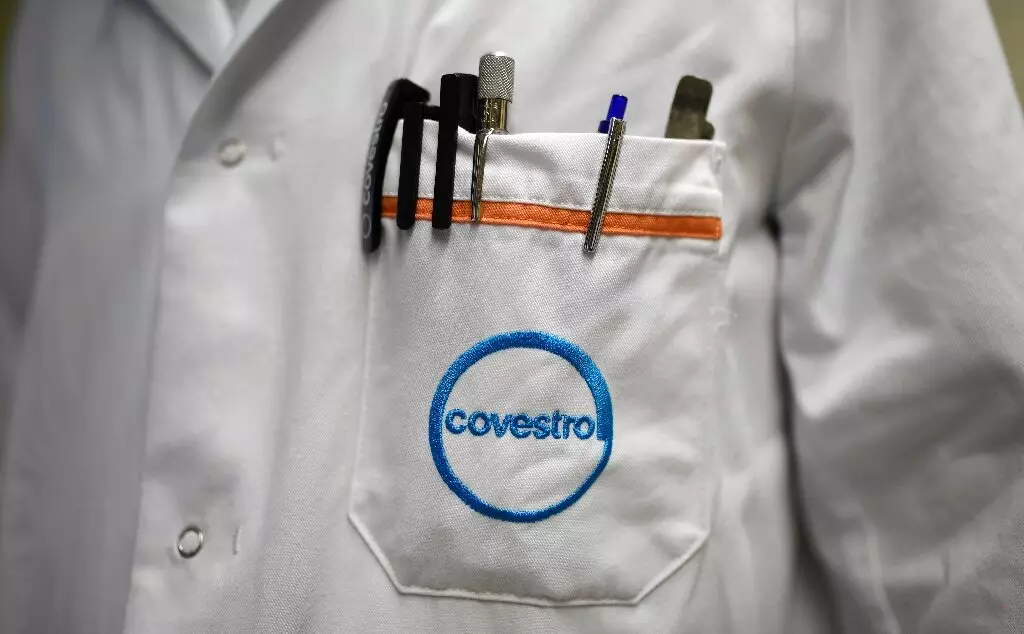The chemical industry, known for its heavy reliance on oil as a base material, is beginning to explore alternative sources in an effort to reduce carbon emissions and combat climate change. One such innovative project is underway at Covestro, a leading German chemical group, where the production of aniline, a key chemical used in foam manufacturing, is being trialed using sugar instead of oil as the primary raw material. While still in the early stages, this project exemplifies the industry’s shift towards more sustainable and environmentally friendly practices.
Covestro’s pilot project at its complex in Leverkusen involves extracting aniline from fermented sugar using a process developed by researchers at the University of Stuttgart. Traditionally, aniline has been sourced from oil derivatives, resulting in significant carbon dioxide emissions. By utilizing sugar as a base material, Covestro aims to significantly reduce its carbon footprint. While the current production capacity is limited, this small-scale experiment represents a crucial step towards a more sustainable future for the chemical industry.
Despite the promising nature of sugar-based production, experts remain skeptical about the feasibility and effectiveness of such an approach. Some argue that the use of plant matter, such as sugar cane and maize, in manufacturing processes may not necessarily lead to carbon neutrality. Concerns have been raised regarding the environmental impact of industrial agriculture, including land conversion, greenhouse gas emissions, and loss of biodiversity. While the potential for lower greenhouse gas emissions is acknowledged, it is essential to prioritize the use of waste materials over crops produced through large-scale farming to mitigate these negative effects.
Other German chemical companies, such as BASF, are also exploring the use of organic waste and agricultural products to produce basic chemicals like aniline. However, several barriers exist in scaling up such projects, including the availability of organic matter, higher production costs compared to oil-based methods, and the need for significant CO2 savings to justify the transition. Additionally, the energy-intensive nature of the chemicals sector in Germany poses challenges, especially in the wake of rising energy costs and bureaucratic hurdles.
As the chemical industry continues to evolve towards more sustainable practices, the transition from oil to sugar-based production represents a significant paradigm shift. Companies like Covestro are at the forefront of this transformation, driving innovation and sustainability in a traditionally oil-dependent sector. Moving forward, it will be crucial for manufacturers to demonstrate the economic viability and environmental benefits of such projects to ensure continued investment and research in this area. Overcoming existing barriers and challenges will require collaboration, innovation, and a shared commitment to reducing carbon emissions and mitigating the impacts of climate change.


Leave a Reply